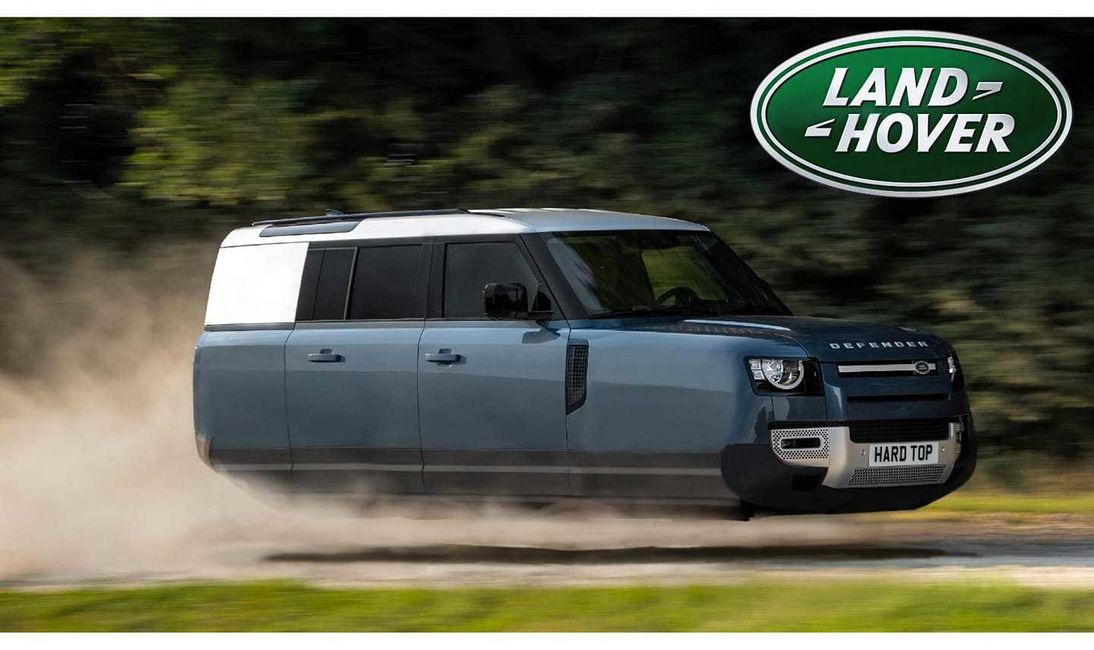True mass production AWD as pioneered by the 1970 Range Rover (although the Jensen Interceptor FF - for Ferguson Four wheel drive system predated it by a few years) was a huge step forward in road safety in all conditions. On rain slick roads or even paved roads with a coating of dust or leaves the AWD system gives you much more control for emergency maneuvers. Audi has built a huge reputation for its AWD systems and proven its worth time and time again. I see the step backward away from a permanent AWD system for a 1.7% gain in fuel economy as a very bad deal.
Audi's AWD system, and Porsche's, and BMW's, and Merc's (save the G-Wagen), are all performance-focused systems designed for on-road handling. Same with Subie's DCCD in the WRX STi, which they fitted only for homolgation purposes, though one could argue that for a rally-inspired vehicle there was utility on soft roads. For pure on-road safety, Volvo's front-drive-till-you-need-the-rear-too Haldex based system is superior - even Audi's Quattro Ultra is now going this route.
Off-road capable SUVs or giant Family Truxters like 'Burbans don't benefit as much from full-time AWD in normal, dry on-road driving in the way that sports or touring vehicles do. For most buyers, it's more for driver confidence than any actual performance benefit in daily driving. As emissions and CAFE regulations tighten you're going to see manufacturers like Land Rover be forced to adopt more technically complicated features like this in order to continue to offer the other features consumers demand. That is, unless they succeed in fully electrifying Jaguar first, which would generate the credits they need to, say, offer a supercharged 575hp Defender SVX which we all know we would buy if they offered it.
I bought my D5 Td6 because of its range, and because I live in Colorado where a 300 mile road trip to the trailhead is nothing - if I could get an extra 50 or 100 miles out of a tank of fuel on the highway, as long as the engagement was quick, then I don't think I'd have a problem. Volvo's was slow - we had an XC70 T6 until recently, and you could tell it was FWD until its Swedish sensibilities finally gave in to your right foot's demands. RWD is more pleasurable to drive on dry roads anyway, and if the front is fully decoupled and with a (lockable) LSD rear diff, turning circles will be tighter and thus more maneuverable in parking lots and other places where currently I have to swing my D5 wide.
But, as others have said, unfortunately there are currently no public plans to bring the D300 to the States, so the argument is likely moot for us here.

